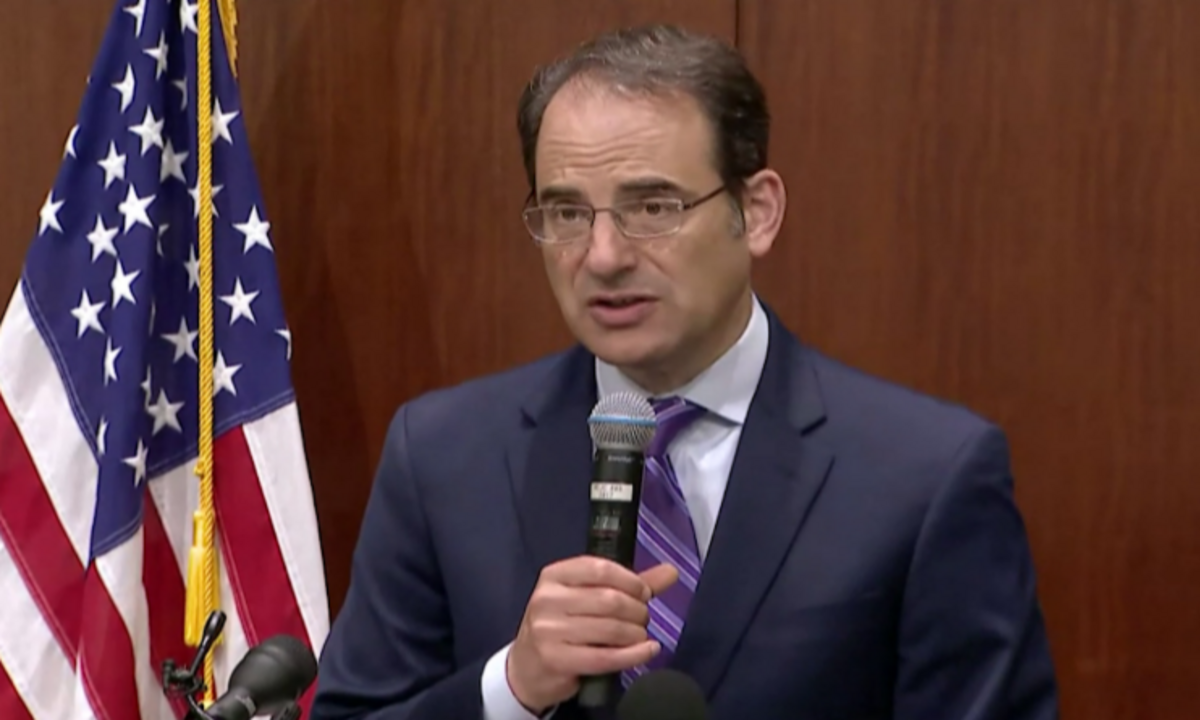In an effort to tackle the ongoing challenges faced by law enforcement agencies in Illinois, the state has launched a $6.5 million initiative aimed at strengthening police recruitment and retention. Announced by the Illinois Law Enforcement Training and Standards Board (ILETSB) on January 28, 2025, the Officer Recruitment and Retention Grant will provide critical funding to local police departments and other qualified organizations to help them attract and keep qualified officers.
This new grant program comes as law enforcement agencies nationwide continue to grapple with staffing shortages, burnout, and difficulty attracting new recruits. With many departments struggling to fill vacancies and retain experienced officers, the Illinois government is stepping in to provide financial assistance to address these challenges.
A Step Toward Stronger Law Enforcement in Illinois
According to Keith Calloway, the Executive Director of ILETSB, the goal of the grant is to support law enforcement agencies as they build stronger and more effective teams. Calloway emphasized that the funding will specifically help with recruitment efforts and retain experienced officers who are crucial for ensuring community safety.
“The Board is committed to supporting law enforcement agencies as they face recruitment challenges and invest in retaining the experienced officers who are essential to community safety,” said Calloway in a press release. “We strongly encourage all eligible entities to apply for this funding.”
This grant is a direct response to the difficulties faced by many local police departments in Illinois, which have struggled to recruit enough new officers to meet the needs of their communities. At the same time, these departments also face the challenge of retaining skilled officers who are at risk of leaving the force due to high levels of stress, burnout, and better career opportunities outside of law enforcement.
How the Grant Will Help Local Law Enforcement
The Officer Recruitment and Retention Grant is designed to provide a wide range of financial support to help law enforcement agencies tackle these challenges. The funding will be made available in several forms, including advance payments, reimbursements, and working capital advances. These financial tools will be used to implement customized recruitment strategies, develop innovative programs aimed at retaining experienced officers, and improve community policing efforts.
Local government units, public institutions of higher education, and qualified nonprofit organizations are all eligible to apply for the grant. By expanding eligibility to a variety of organizations, the Illinois government hopes to foster collaboration between local communities, educational institutions, and law enforcement agencies in tackling the recruitment and retention issues.
Investing in the Future of Policing in Illinois
The $6.5 million funding is a part of a broader strategy to invest in the future of law enforcement in Illinois. The focus is not just on attracting new recruits but also on ensuring that departments have the resources and support necessary to retain the officers they already have. Community policing, which relies on strong relationships between officers and the communities they serve, will also be a priority for grant recipients.
The funding aims to enhance safety across Illinois by ensuring that police forces are fully staffed with trained officers who can build trust and work effectively with local communities. In a time when trust in law enforcement is essential, this initiative seeks to create a more resilient and supportive environment for both officers and residents.
Challenges Facing Law Enforcement Recruitment Nationwide
The launch of the $6.5 million grant program comes at a time when law enforcement agencies across the United States are facing unprecedented challenges in recruitment and retention. According to national data, police departments have seen a significant drop in the number of new recruits, and many experienced officers are leaving the force earlier than expected.
These trends have been exacerbated by factors such as rising crime rates, public scrutiny, and increasing demands on law enforcement officers. As a result, many departments are struggling to meet staffing needs, and some communities are at risk of experiencing delays in emergency response times or a reduced presence of police officers on the streets.
In Illinois, the shortage of officers has had a direct impact on the ability of police departments to serve their communities effectively. Local police forces have been forced to adjust to fewer officers, placing more stress on existing staff members and affecting the quality of policing in certain areas. With the new grant, Illinois officials hope to reverse these trends and provide the necessary resources to improve recruitment and retention.
A Critical Time for Illinois Law Enforcement
The Illinois Law Enforcement Training and Standards Board’s $6.5 million grant program represents a significant investment in the future of policing in the state. By addressing recruitment and retention issues head-on, the Illinois government is showing a commitment to ensuring that law enforcement agencies have the support they need to keep communities safe.
This initiative is a step in the right direction, but there is still work to be done. As law enforcement agencies across the state and the country continue to navigate the challenges of staffing shortages, recruitment difficulties, and officer burnout, it will be crucial for policymakers to continue to invest in the future of law enforcement.
The success of this program could serve as a model for other states looking to strengthen their own police forces and ensure that law enforcement agencies are equipped to handle the demands of modern policing.
Disclaimer—Our team has checked this article to ensure its accuracy and eliminate any misinformation. We are committed to providing clear and reliable information for our readers.




